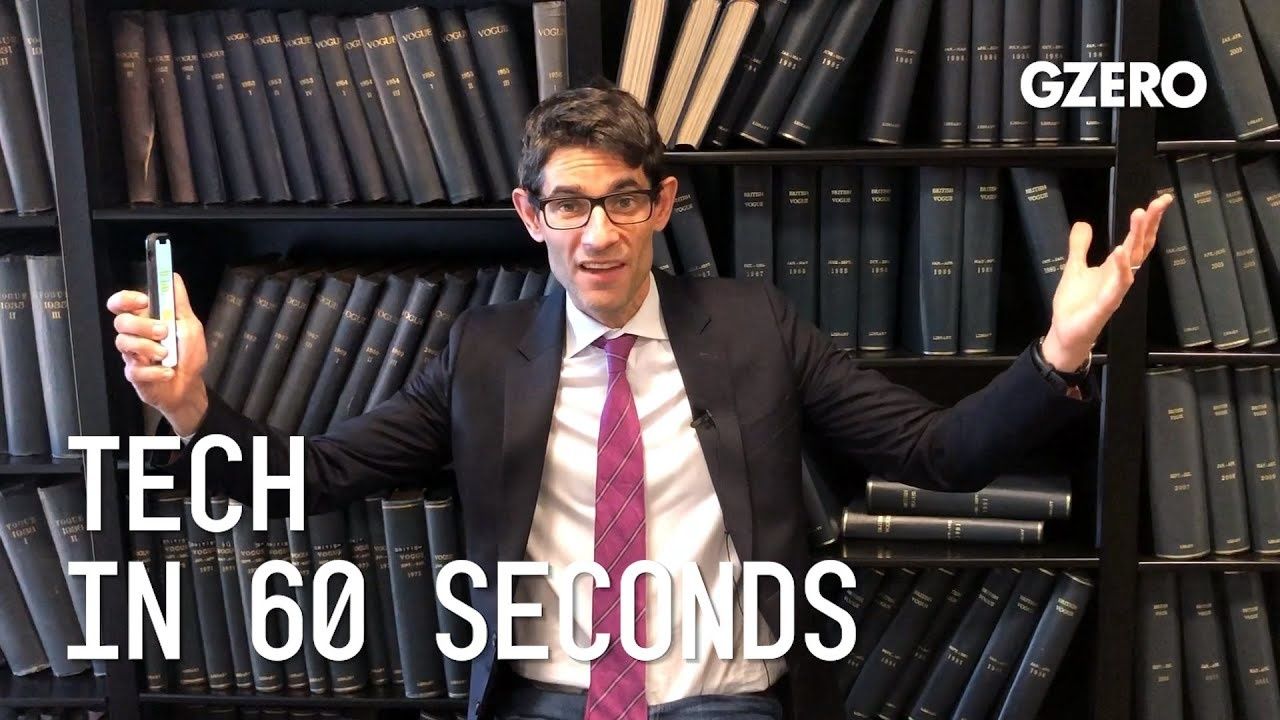
Nicholas Thompson, editor-in-chief of WIRED, recaps the past decade in tech!
It's the end of a decade! What was the good and bad in tech from the last 10 years?
That is too big a question, so, I'm going to give a one-word answer: Facebook. Went public in 2012, connected communities, did all kinds of wonderful things for many of its users, but also disrupted elections, disrupted our privacy and has been accused of fomenting genocide. The arc of technology and the backlash against it can probably be best seen through that one company.
What technological advances will be made in the 2020s?
I am very hopeful for self-driving cars. I think they will be awesome despite a little slowdown in our optimism. I think we'll see a lot and augmented reality. Possible breakthroughs in quantum computing. And if we're lucky, flying cars too.
Are AI and cybersecurity the most concerning tech issues of the next decade?
Cybersecurity, definitely. AI? Yes, we should be concerned about losing jobs, but net-net, I think AI will create more jobs in the next decade than it takes away. And the thing we really need to be concerned about is the split with China into two tech spheres.